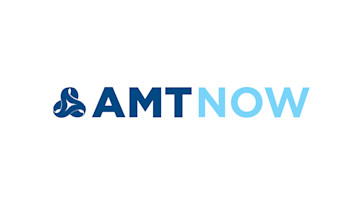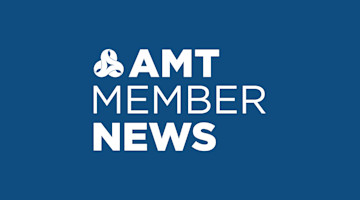“If you are not moving toward digital manufacturing, you will get left behind.”
– Lonnie J. Love, Ph.D.
1. NASA's New Superalloy
I feel annoyed with this article. Not because of the alloy – that’s innocent! As #youpeople probably know, I like to geek out over new-to-me materials, as they make the best Wiki rabbit holes. My beef is with the title: “3D-Printable Superalloy.” That’s literally every nickel-based alloy ever – especially my beloved Inconel! Secondly: “to Benefit US Economy.” Thanks a lot for the buzzword buzz kill. So, is it as good as NASA claims? I eagerly await to hear what the four co-exclusive licensees have to say about it.
2. Manufacturing USA 2023 Report
Here are some insightful takeaways and reasons to read this long report by AMT’s Cathy Ma. 1) Advanced manufacturing is essential to our economic and national security. 2) America Makes completed a project to develop and demonstrate the hardware and software tools required to fabricate and inspect tool and die components using a hybrid manufacturing process. 3) MxD, Dow, Lockheed Martin, Oshkosh, the Defense Logistics Agency, and others completed the Supply Chain Risk Alert 2 (SCRA2) project in the summer of 2022.
3. The CIA’s SpookGPT
Microsoft has developed a secure, air-gapped, generative AI model exclusively for U.S. intelligence. Unlike others, it doesn't need an internet connection, ensuring data security. The tool, based on GPT-4, can analyze classified data, answer queries, and code without online access. It took 18 months to develop and won't learn from the data it processes.
4. Chuck or Lightweight Flywheel?
Alpha Precision Group innovatively reduced chuck jaw weight by 77% using 3D printing, enhancing CNC machining productivity. It was initially printed with bound metal deposition and later optimized with Moldjet, resulting in lightweight, efficient designs, benefiting both internal and external users with faster spindle speeds and reduced clamping force.
5. LLM Hallucinations
Apparently, artificial intelligence can trip! KnowHalu is a novel AI method that detects inaccuracies, or "hallucinations," in AI-generated content to improve reliability, especially in critical fields like medicine and finance. KnowHalu employs a two-phase process involving internal and external knowledge sources, resulting in significant accuracy improvements in tasks like question-answering and text summarization. It sets a new standard for trustworthy AI interactions, enhancing reliability in various domains.
To get the latest tech developments delivered directly to your inbox, subscribe to the weekly Tech Report here.
To access Tech Trends, log in to or register for an MTInsight account at https://www.mtinsight.org/






